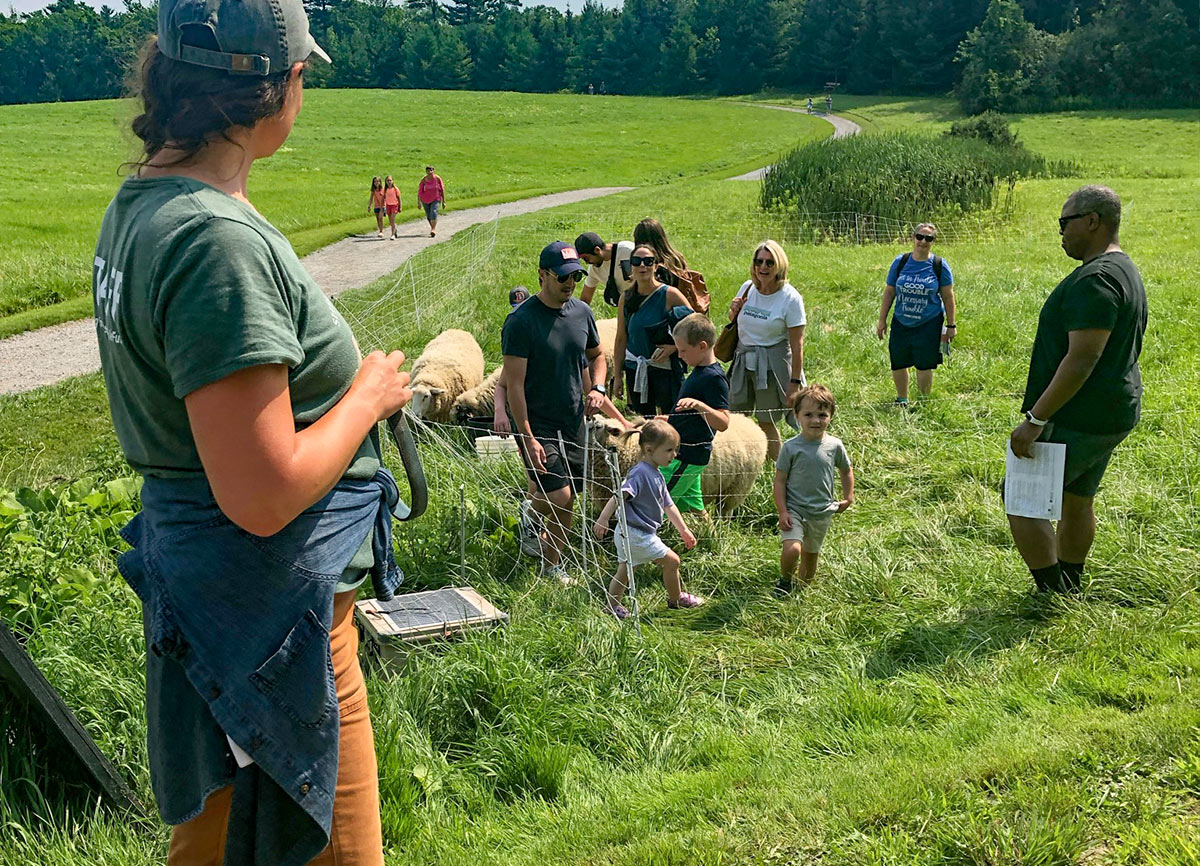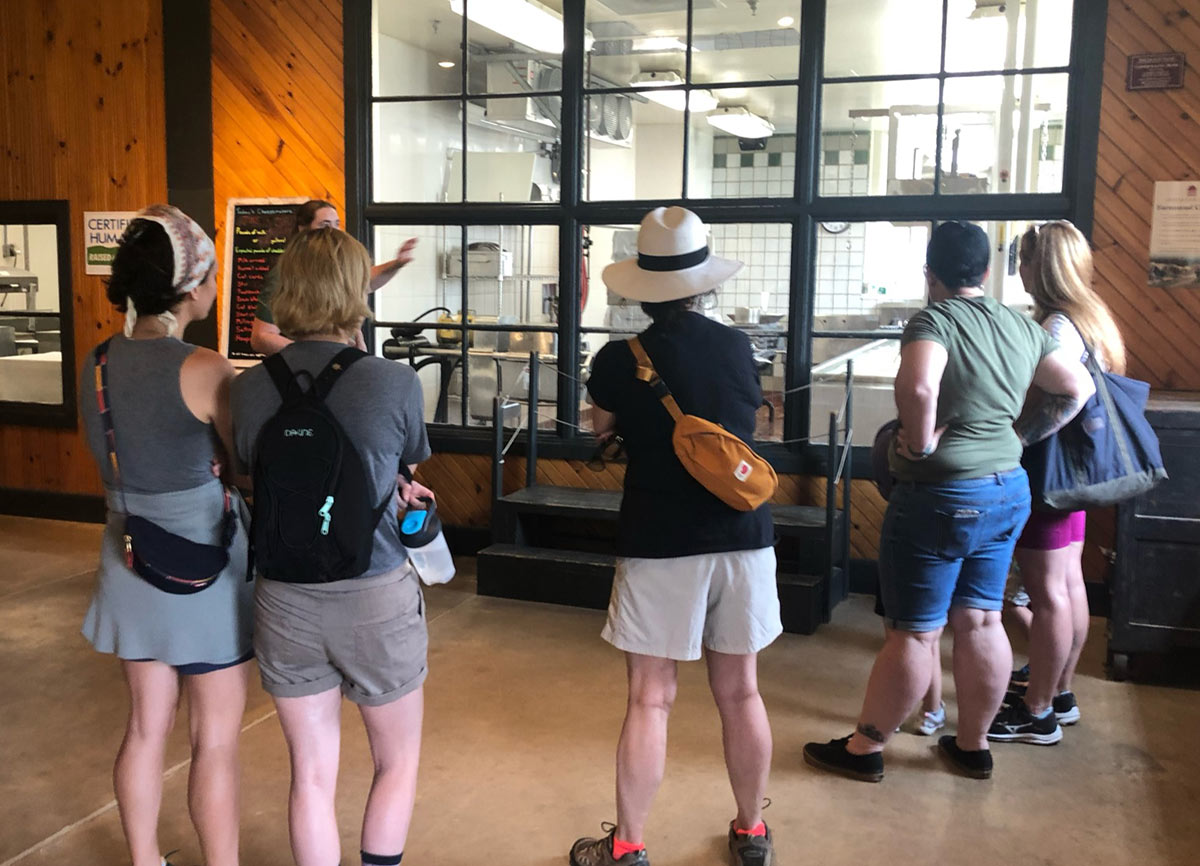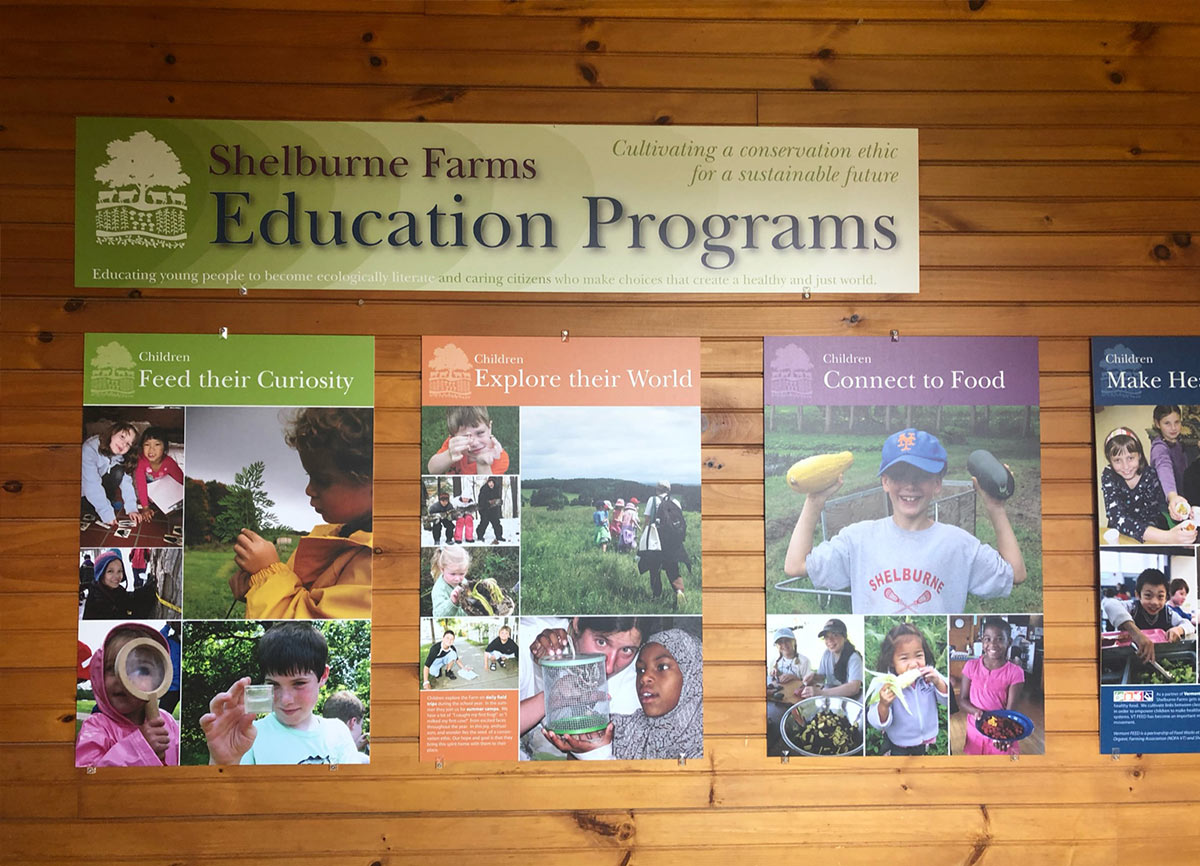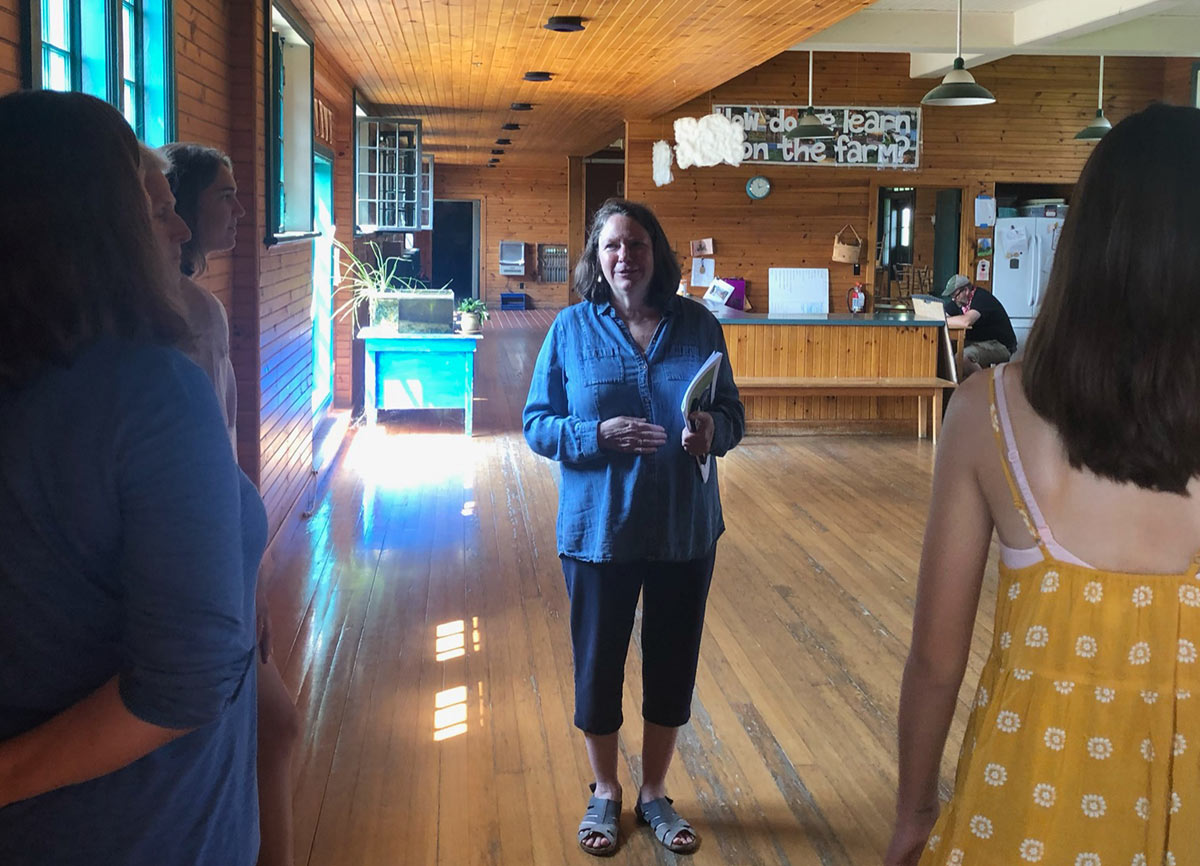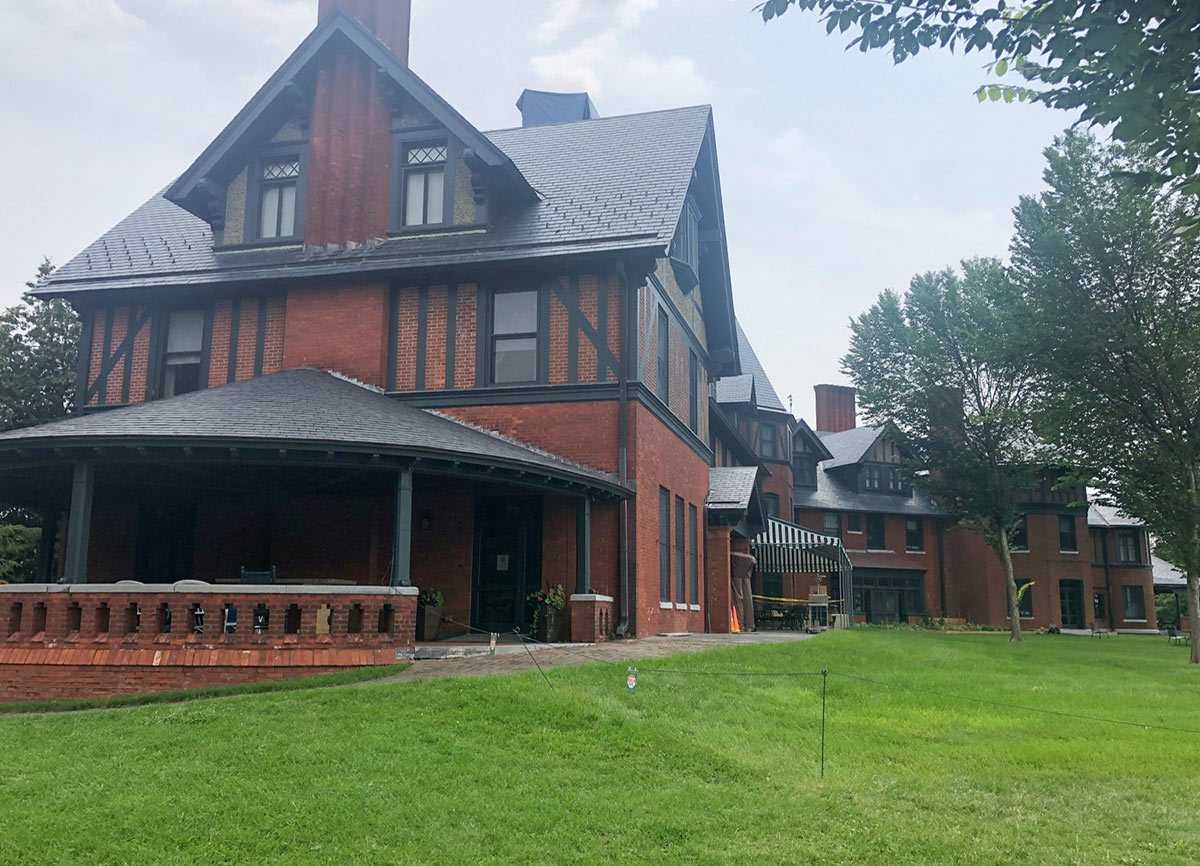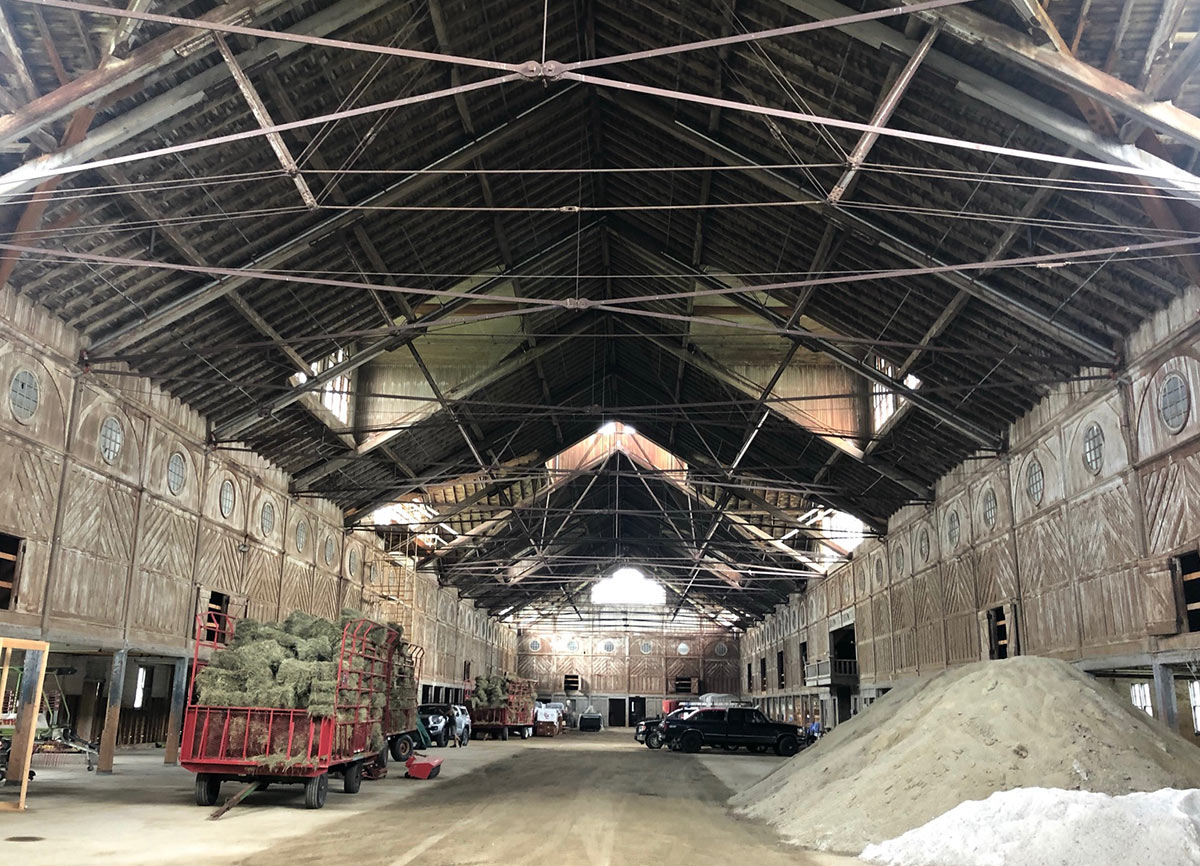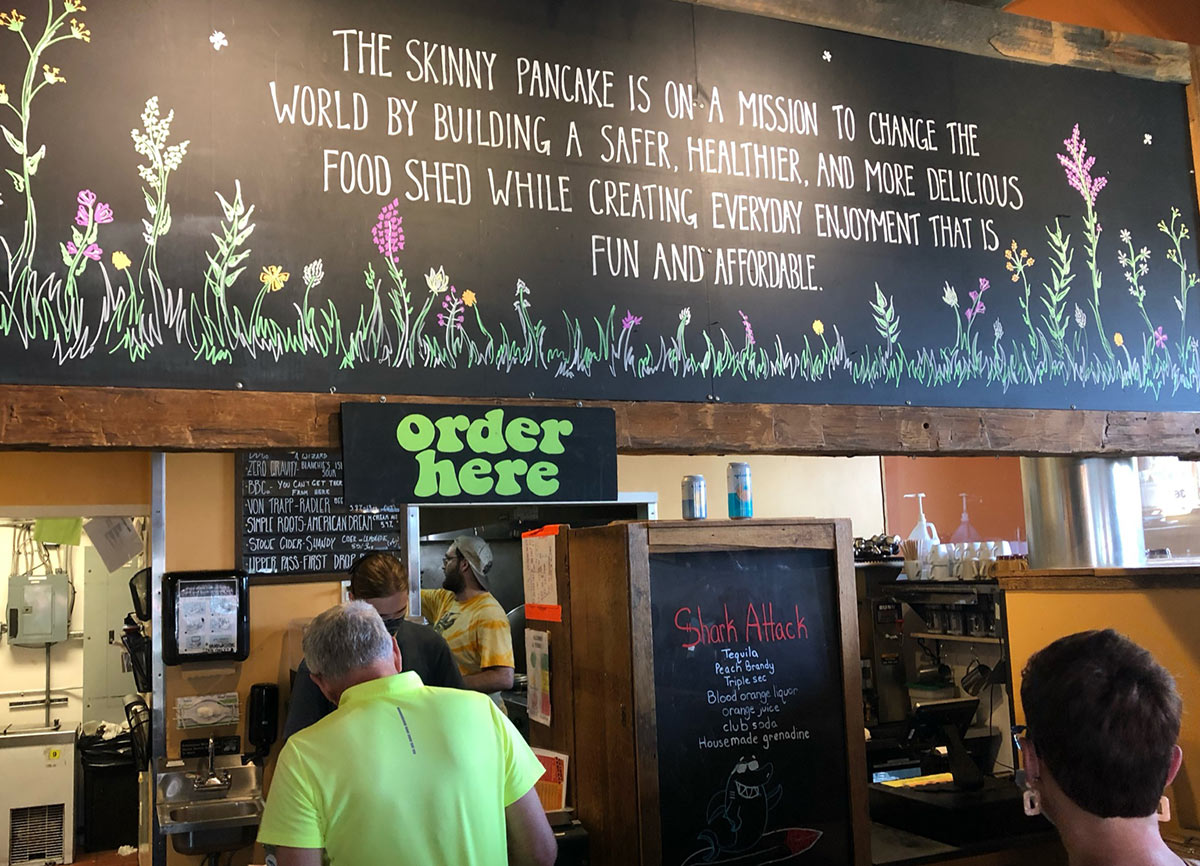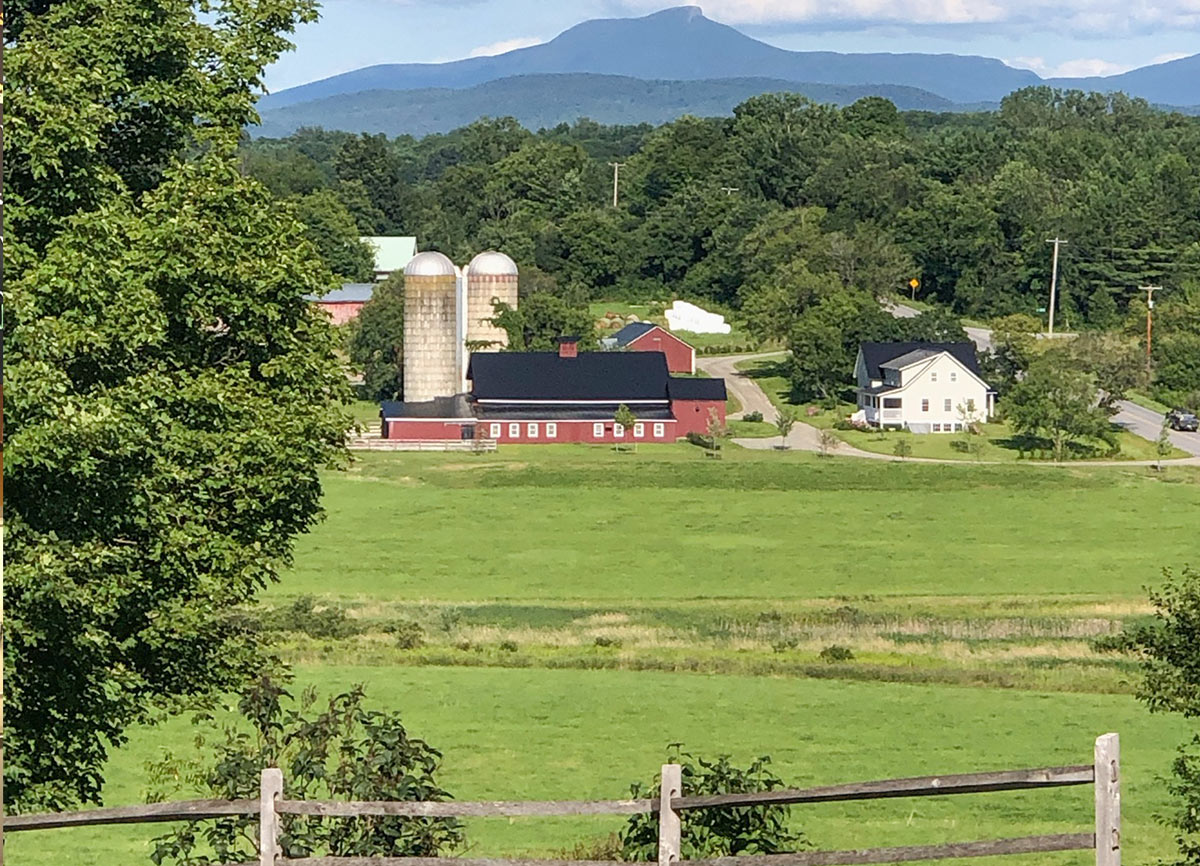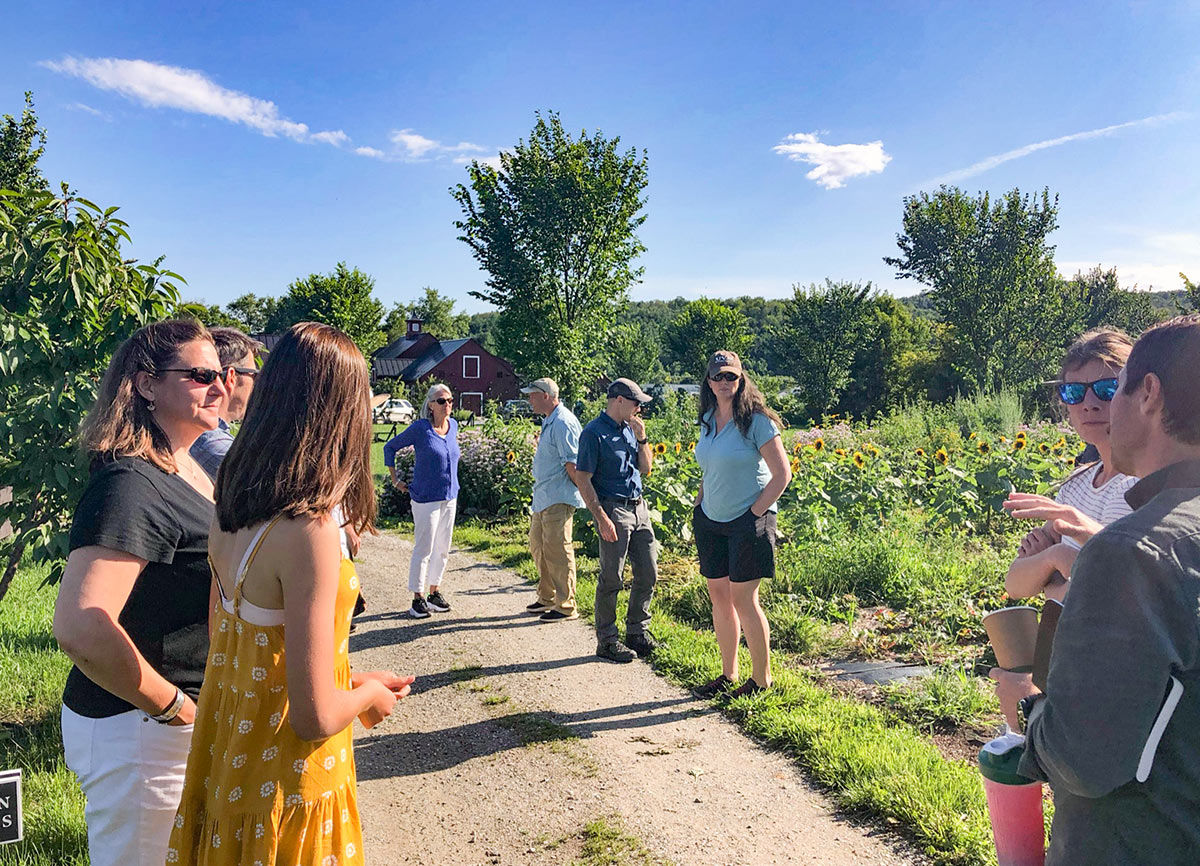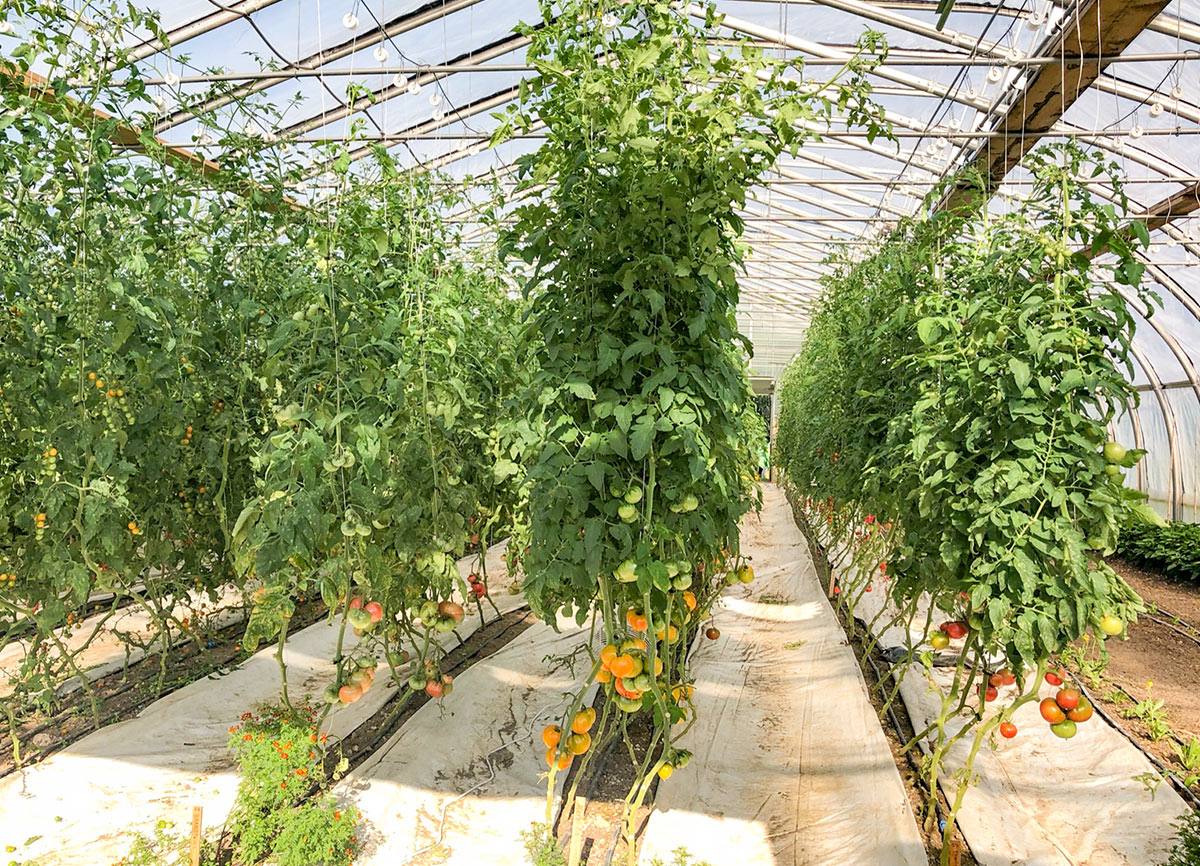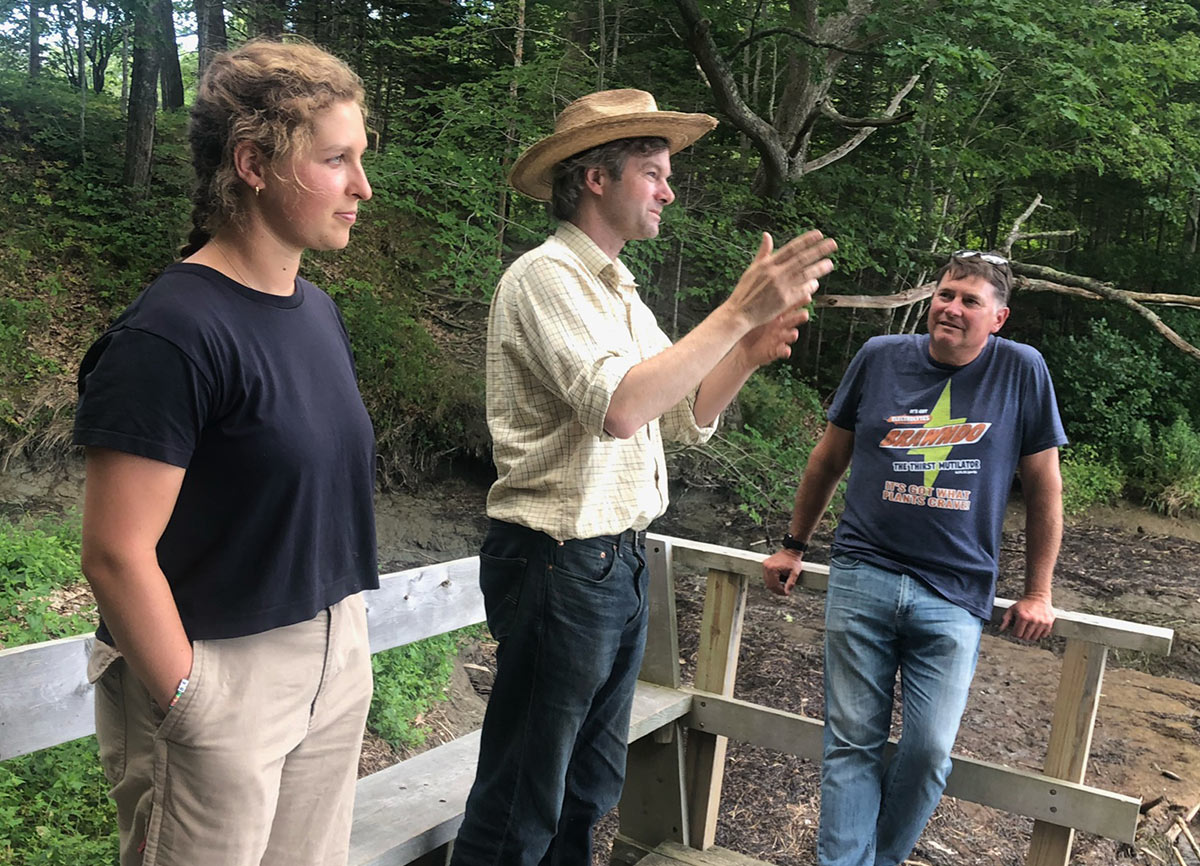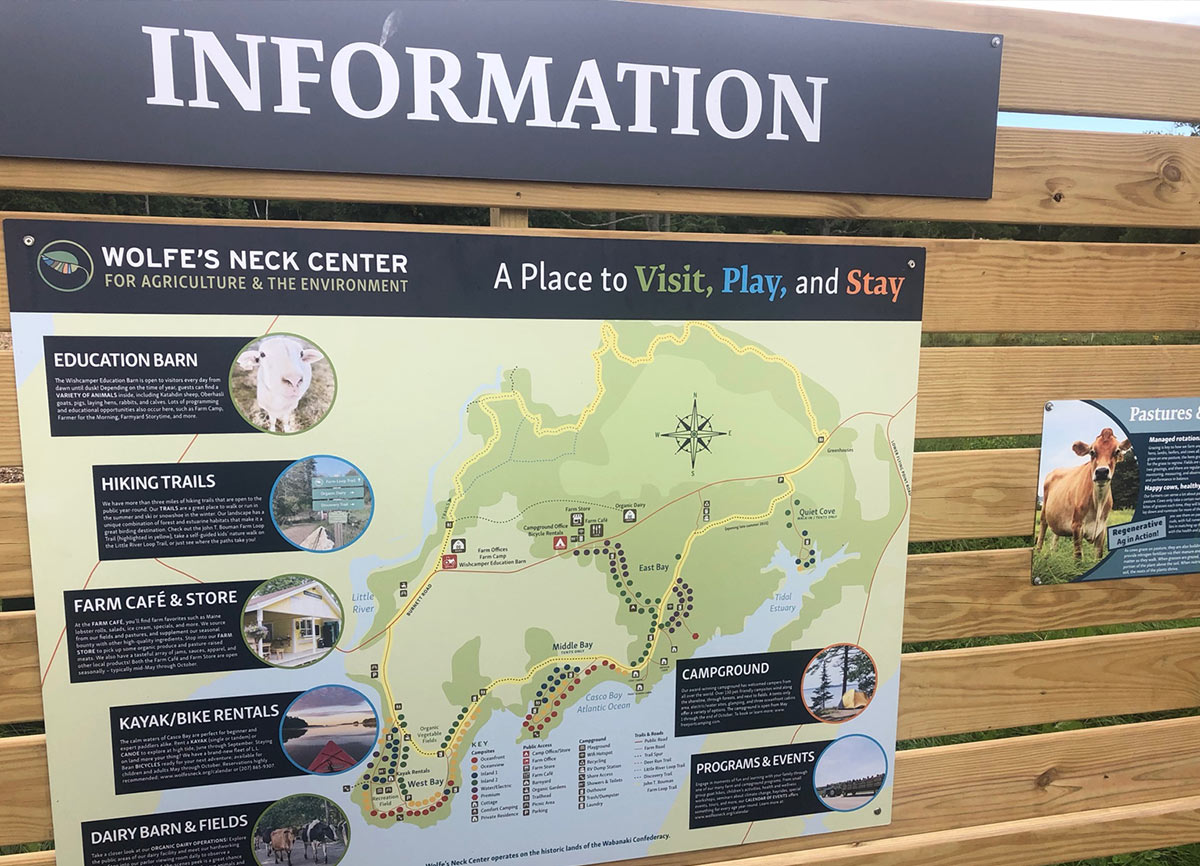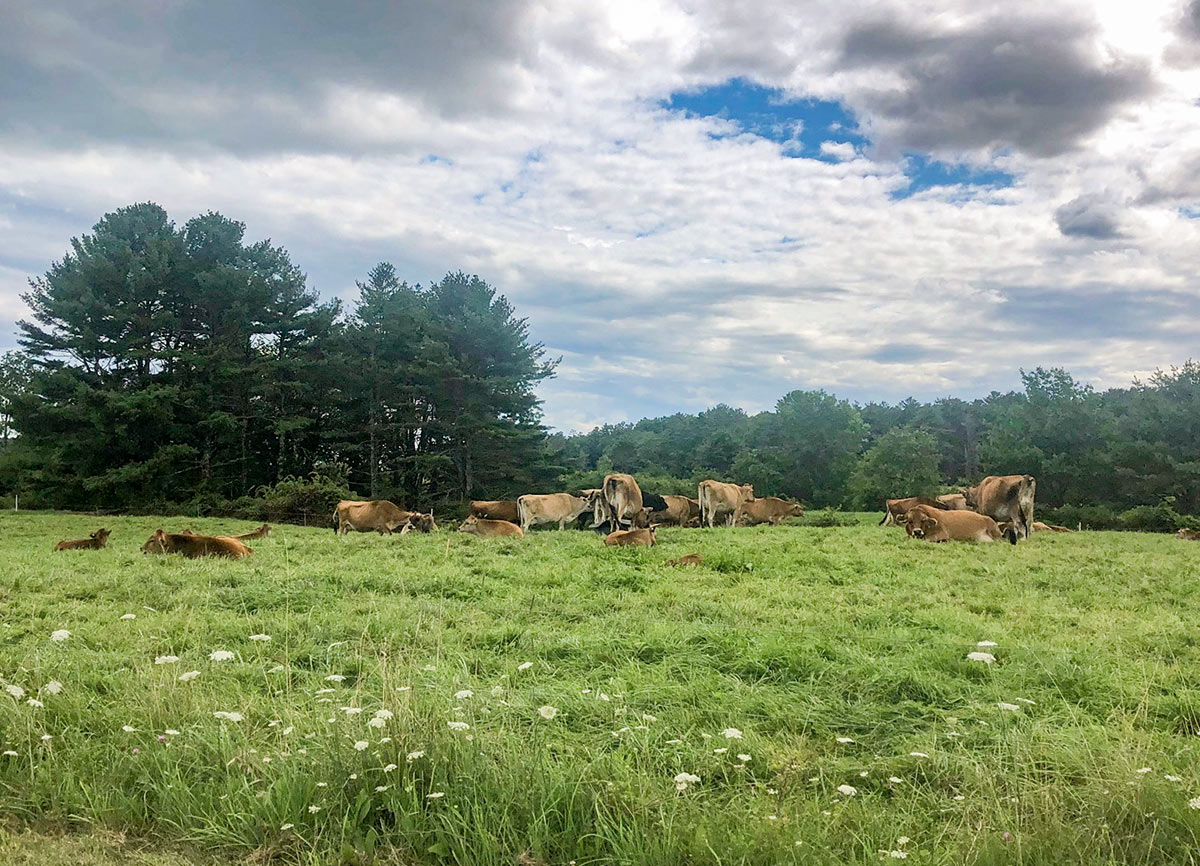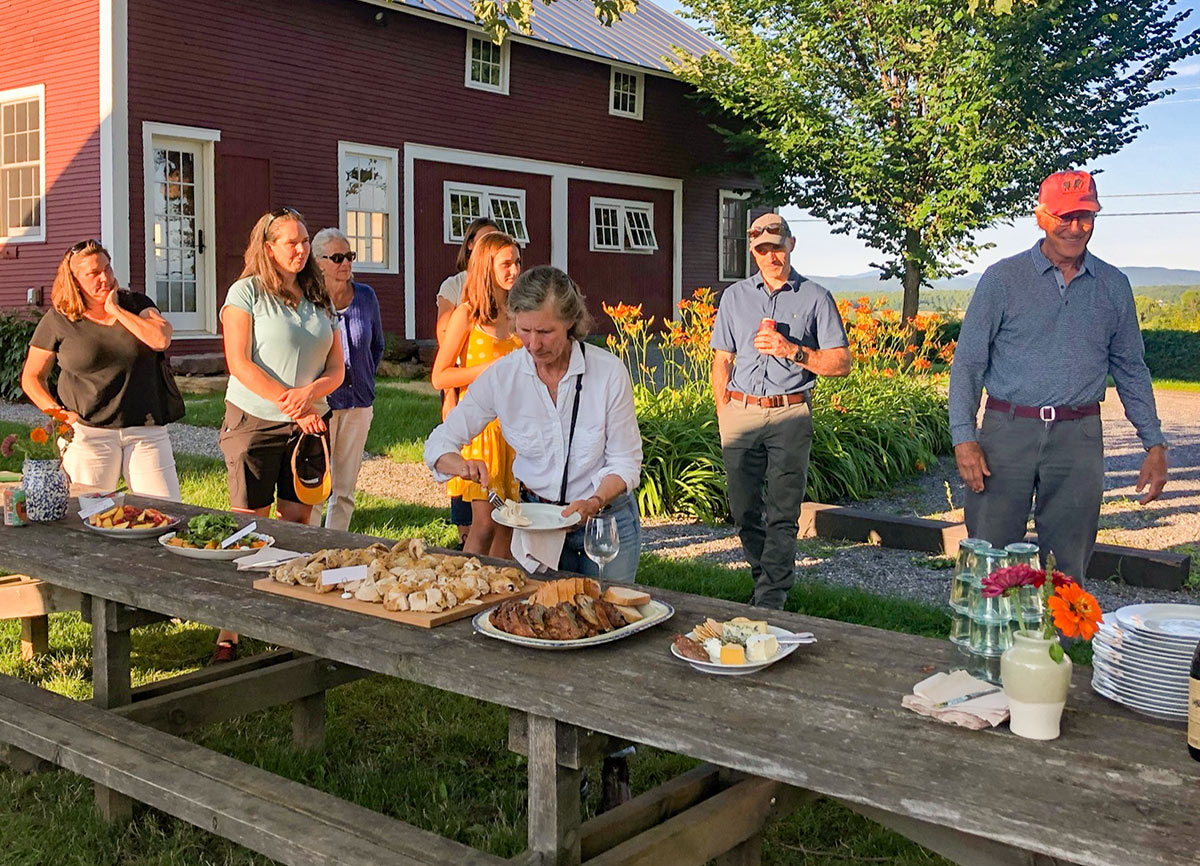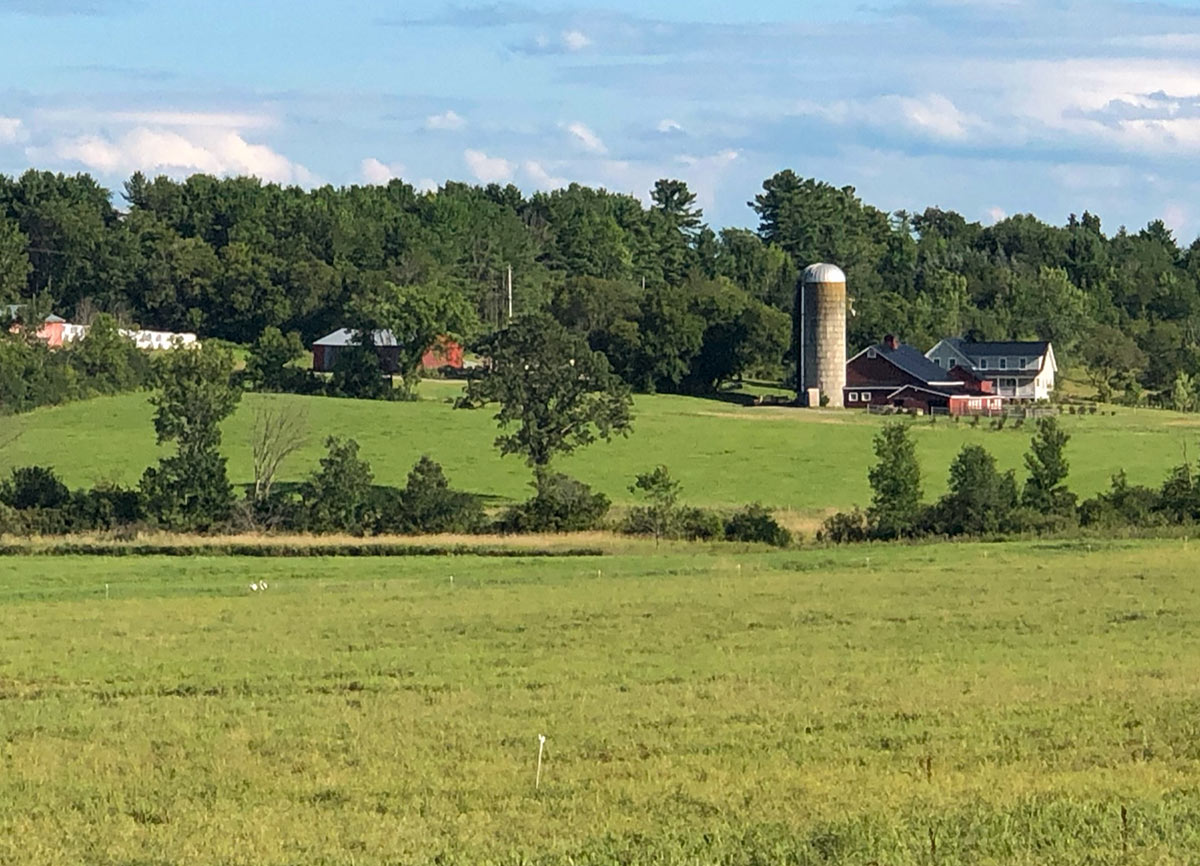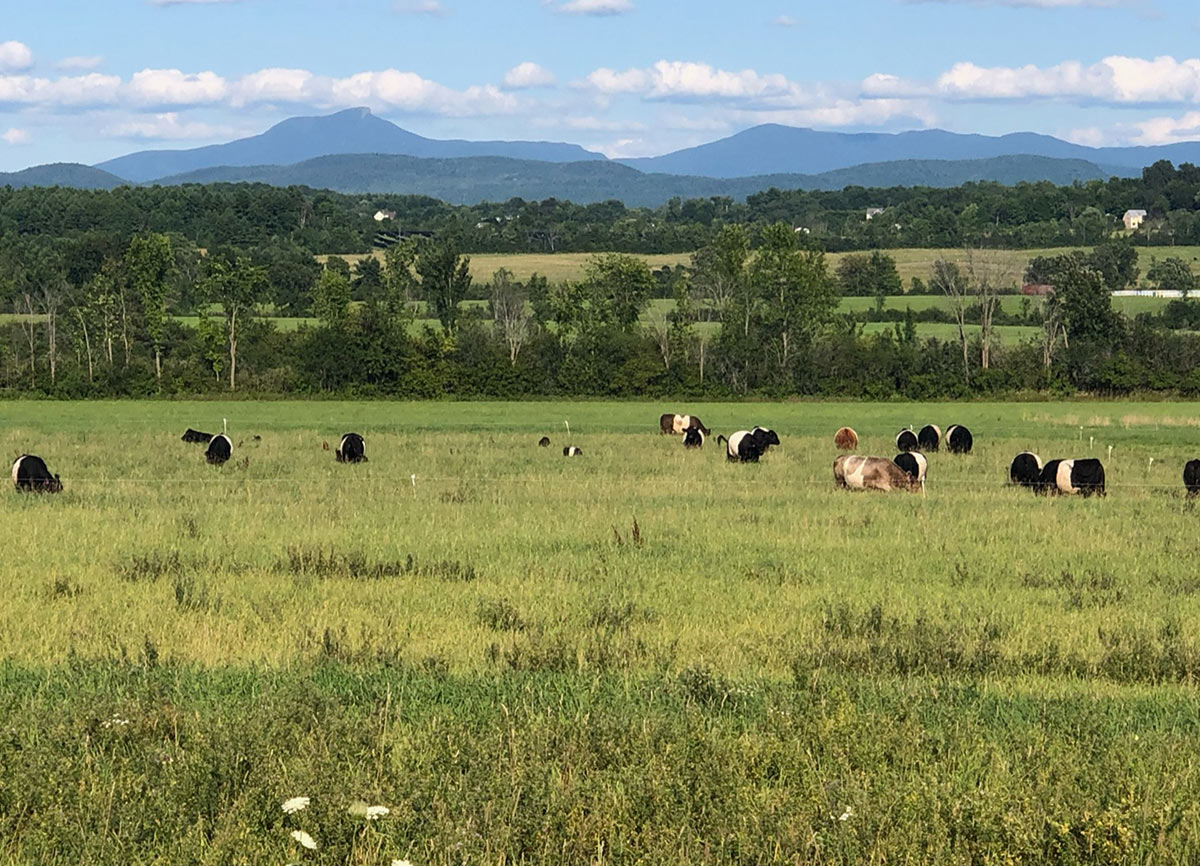Over the past month, I got the chance to visit some amazing farms in Vermont, Maine, and Massachusetts focused on food, farming, research, outreach, and education.
Travel Journal of Regenerative Agriculture in the North East of the United States
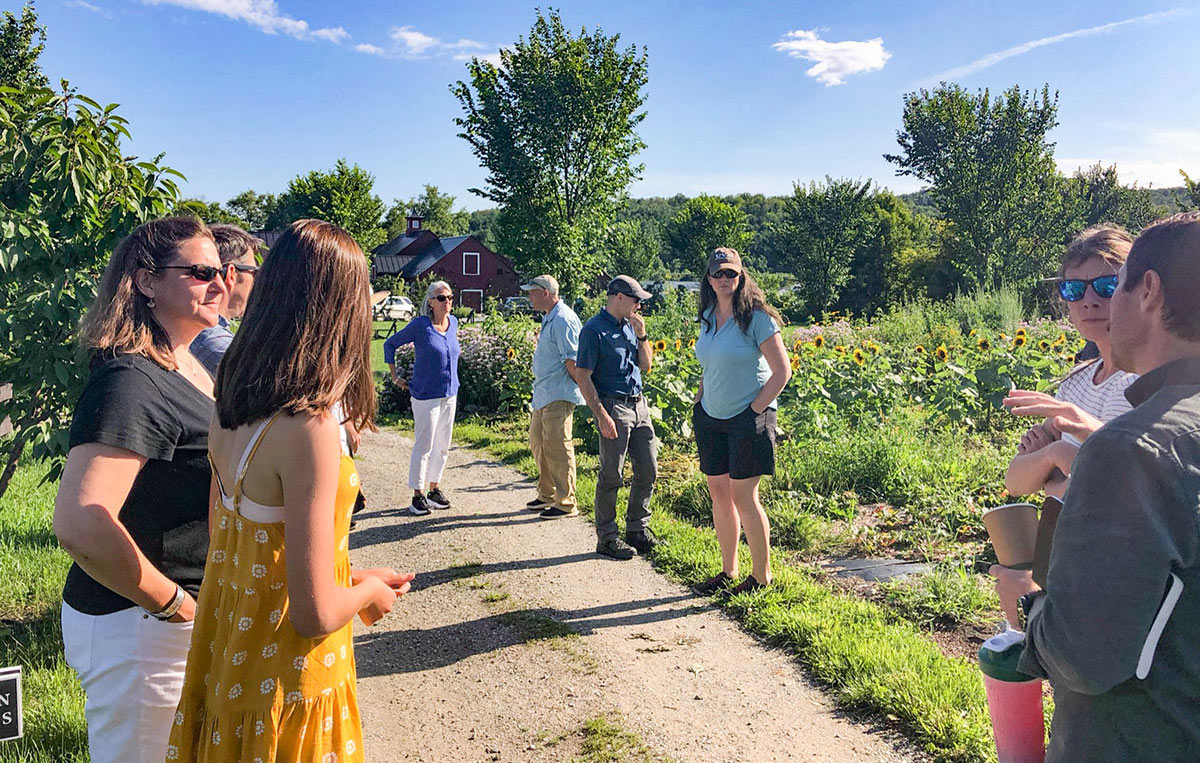
08/31/2021
By: Wendy Millet and Celia Hoffman
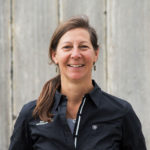
 Over the past month, I got the chance to visit some amazing farms in Vermont, Maine, and Massachusetts focused on food, farming, research, outreach, and education. These amazing organizations grow food, care for the environment, and teach people about a healthy food system and stewarding nature. I was particularly struck by these organizations’ work to bridge the gap between ecology and agriculture.
Over the past month, I got the chance to visit some amazing farms in Vermont, Maine, and Massachusetts focused on food, farming, research, outreach, and education. These amazing organizations grow food, care for the environment, and teach people about a healthy food system and stewarding nature. I was particularly struck by these organizations’ work to bridge the gap between ecology and agriculture.
In Maine, The Ecology School and Wolfe’s Neck Center work to bring the community together to learn about ecosystem health and the role of agriculture. The Ecology School brings visitors of all ages together to learn about the Maine ecosystems and discuss how to move forward into a more sustainable future. Only an hour north, Wolfe’s Neck Center focuses primarily on giving people the opportunity to see how farming, specifically dairy farming, can work alongside a thriving ecosystem. Situated on the coast of Maine, walking paths at the Wolfe’s Neck Center lead visitors on an educational journey through different ecosystem types, each one uniquely linked to the carbon cycle. From ocean to pasture, visitors of all ages can see how farming can work in partnership with nature throughout different ecosystems while staying at camp sites or participating in various programs. Off the farm, Wolfe’s Neck Center also helped launch the OpenTEAM project, a farmer-driven initiative to develop a suite of interoperable tools that provide farmers around the world with the best possible knowledge to improve soil health and their farming operations.
In Vermont, Shelburne Farms is a place for the community to gather to learn about the complexities of the food system. The farm itself serves as a place for the public to enjoy the walking paths and gardens, learn how cheese is made, or pet a sheep. Camps teach children how the farm runs and build community around healthy food. Shelburne Farms also educates teachers on the importance of incorporating food systems education into the classroom. Through initiatives such as “Foundations in Education for Sustainability” (formerly known as Education for Sustainability: Summer Institute), Shelburne farms also teaches educators about systems dynamics and strategies for integrating sustainability into schools (curriculum development, campus ecology, collaboration, and community partnerships).
Research is another critical part of understanding, spreading, and scaling regenerative agriculture and The Gund Institute for Environment at the University of Vermont (UVM) is filled with people doing just that. From crop genetics to soil microbiology to the pollination habits of native bees, the professors and researchers at UVM are searching for ways agriculture can boost ecosystem health and help the overall environment. Right down the road, situated on an idyllic hilltop between Lake Champlain and Mount Philo, Philo Ridge Farm welcomes the community to experience how an old dairy can be transformed into a biodiverse, productive farm and serves as a place for research on the ecological and agricultural benefits of regenerative agriculture.
In Massachusetts, Codman Community Farms is a working farm whose mission is to preserve their town’s rural character and highlight the importance of local farming. They feature Heritage breeds and locally-sourced food and invite community involvement through educational opportunities and access to this historic property. Since 1973, they have been a successful community farm integrating sustainable, pasture-based growing methods throughout many acres of farm fields in their town.
Find them on the map.
It was amazing to learn about the programs at each of these farms and to expand our knowledge and network of organizations working to support food systems that offer ecological and community benefits. Thank you so much to Shelburne Farms, Philo Ridge Farm, Wolfe’s Neck Center, Dartmouth Organic Farm, The Ecology School, Meach Cove Farms, the Gund Institute at UVM, and Codman Community Farms for the amazing work you are doing and for sharing your stories with us. By mentioning these visits, I hope you might be inspired to visit a farm near you and to know that, in spite of challenging times in the world, there are amazing people and organizations working to make a difference for people and for nature.
